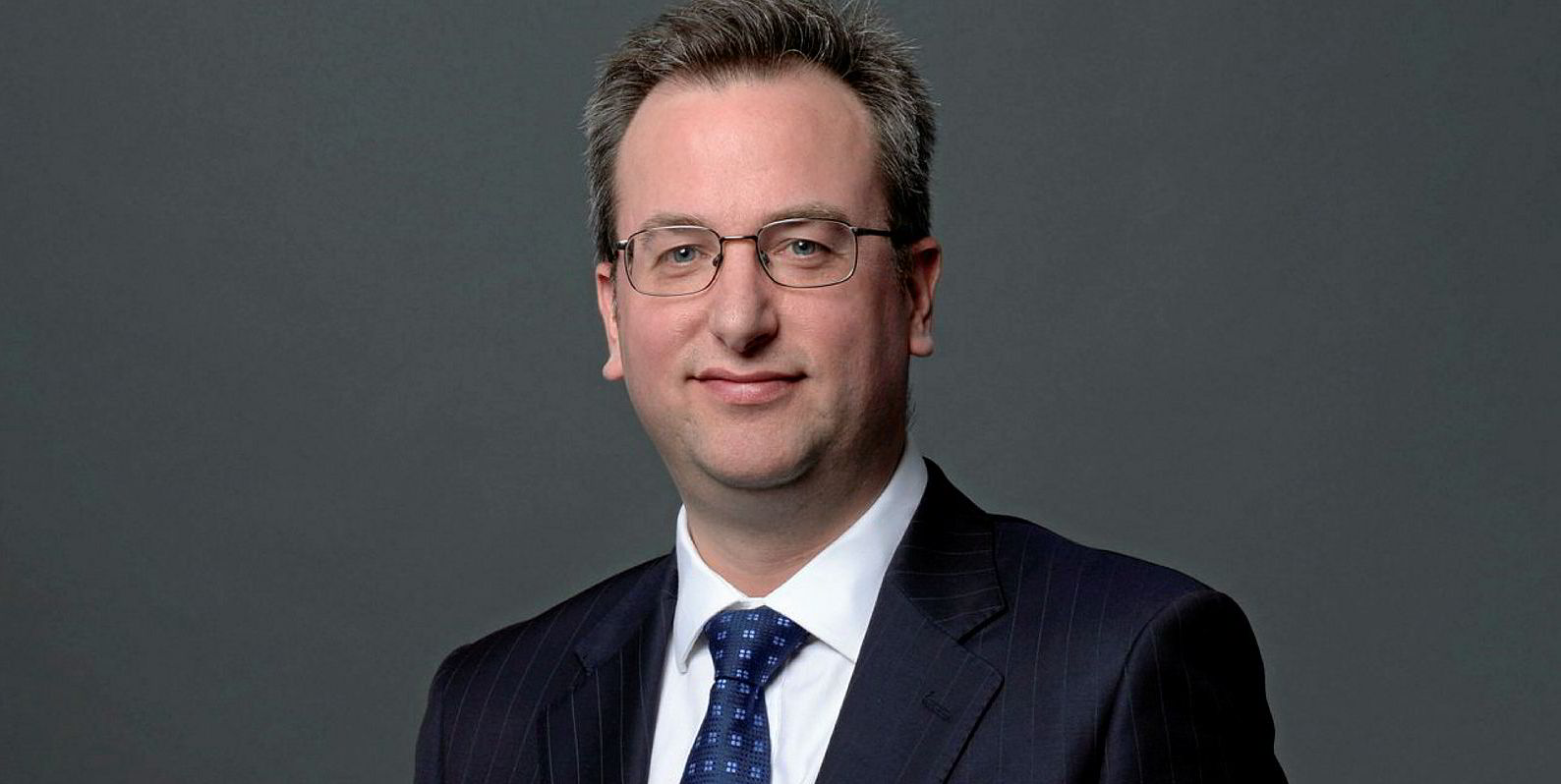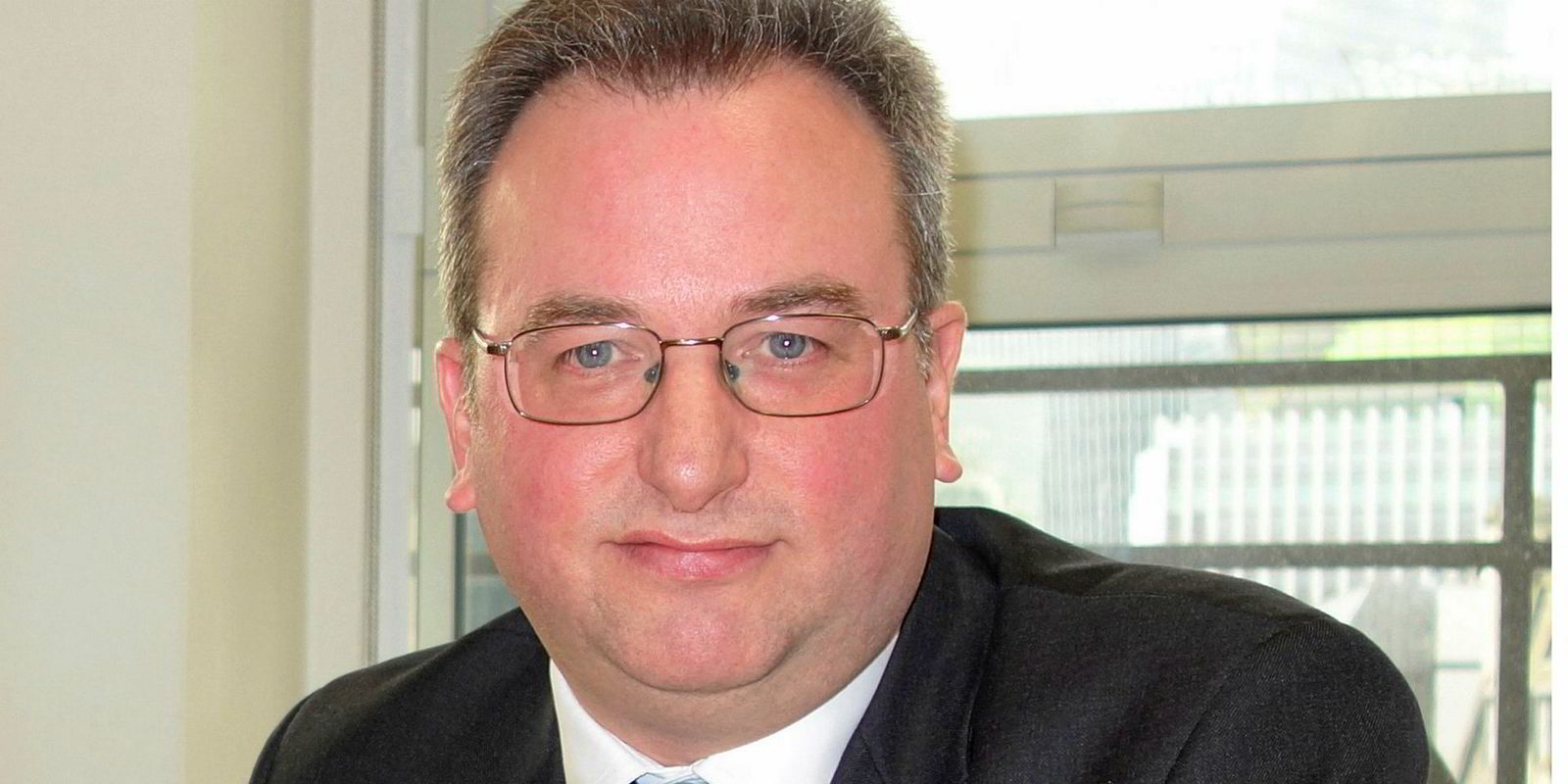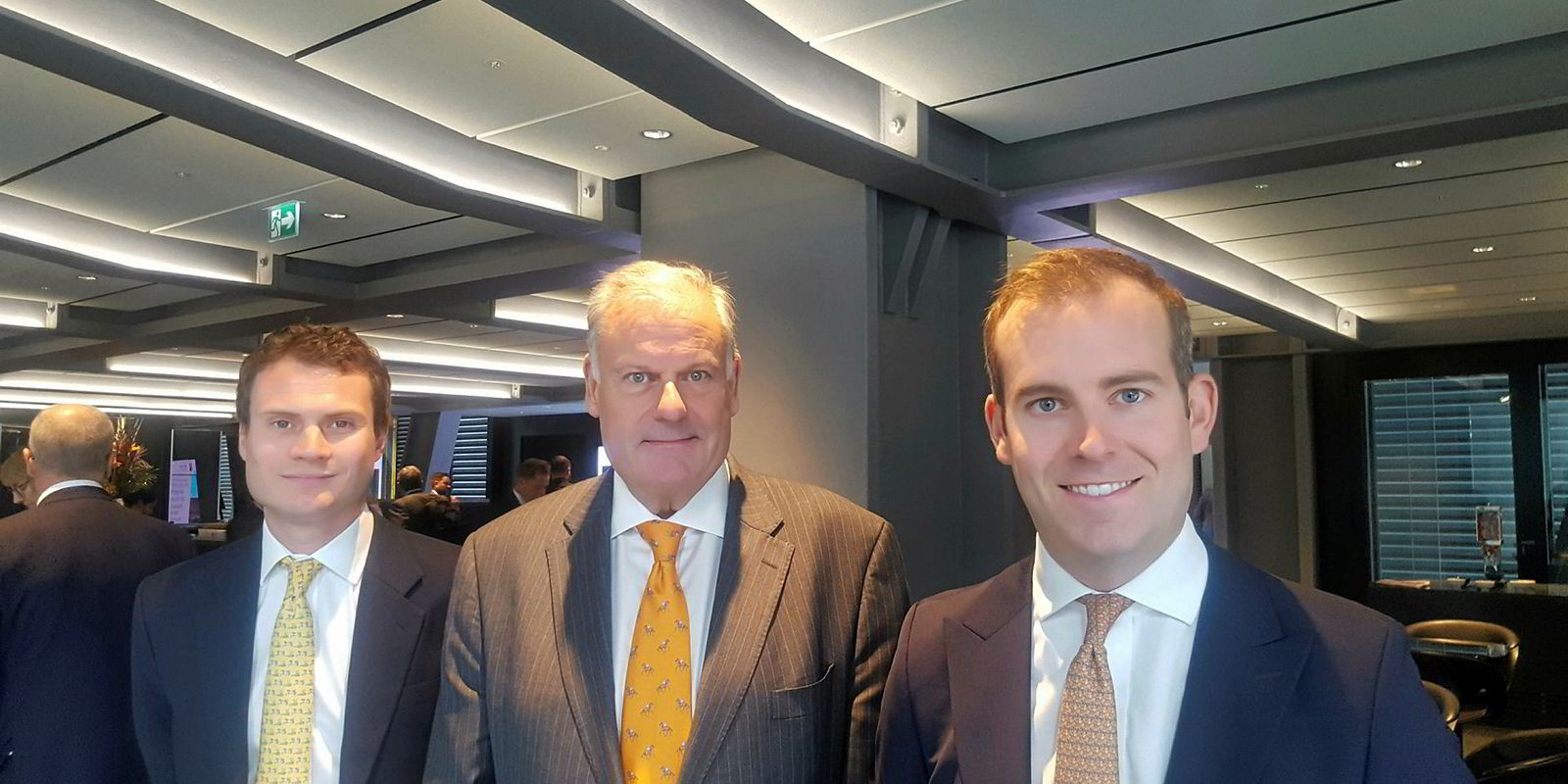The legal complexity of settling casualty claims has meant that the senior positions in the world of protection and indemnity are traditionally filled almost entirely by lawyers.
However, with increasing financial regulation and an emphasis on a healthy balance sheet in the insurance world, it is accountants who are eventually expected to rule the roost.
The UK P&I Club moved in that direction by appointing accountant Andrew Taylor from Thomas Miller to be chief executive last year, taking over from Hugo Wynn-Williams.
Accountant's keen eye
Taylor’s affable character is far from that of the stereotypical starchy accountant, but he still has an accountant’s keen eye for financial engineering, cost and capital efficiency.
And that is reflected in the UK P&I Club’s innovative approach to finances. In 2008, it took out a $100m hybrid bond to bolster its capital position during a difficult time for the club amid a global recession. Last year, the bond was paid back in full.
Taylor is also keen to emphasise that a unique feature of the club is the development of its own internal risk assessment model that the UK financial regulator, the Prudential Regulation Authority, has accepted in place of the statutory requirements.
“What we are saying to the regulator is that our model is a better representation of risk than the standard model,” Taylor says.

“In order to have that approved, we have had to demonstrate to the regulator all the possible risks that are faced by the club in an underwriting sense.”
The regulator’s acceptance of the club’s assessment of its own risks means it is allowed to have a lower capital buffer. Taylor says it has benefits for the internal management of the club too, as it is able to predict future claims better and it can purchase its reinsurance at a lower cost.
Some brokers suggest that a lower capital requirement is even more reason for the mutual to return cash to members from its $540m in free reserves.
Cautious stance
But Taylor says the current low premiums in a raising claims environment suggest that the UK P&I Club should do the opposite and hold on to its reserves.
He points to the capital shortfall in the post-2008 recession as an indication of how quickly the picture can change.
“Holding strong capital is quite important, because premium rates have tended to come down and the market as a whole is beginning to show stress on the underwriting side. Last year, the clubs as a combined group would have shown an underwriting deficit,” he says.
Although many observers have pointed to the growth ambitions of the UK P&I Club’s manager, Thomas Miller, as a potential drain on the club’s resources, Taylor says that is not the case and he contends the expansion drive is to the advantage of the mutual.
The Thomas Miller-managed group includes mutuals such as the TT Club and UK Defence Club, in addition to a raft of recent acquisitions in the fixed-premium, legal and technical sectors.
Taylor says the interests of the UK P&I Club have been separated from the activities of Thomas Miller but adds that there are opportunities to take advantage of the economies of scale that the group generates.
“The different mutuals have historically all been run independently and are only linked by the fact that Thomas Miller manages them all," he says.
"They have their own boards and their own management team. But that does not mean we can’t utilise the single-management gain efficiencies. Whilst they are independent, we can share back office.
“The best example is Brexit. Everyone wanted a Brexit solution and if we all had our own offices it would have been expensive, so we are all sharing an office in Rotterdam.”
Holding strong capital is quite important because premium rates have tended to come down and the market as a whole is beginning to show stress on the underwriting side
Andrew Taylor
Competitive advantage
The pursuit of similar economies of scale led to ill-fated merger talks with Britannia P&I two years ago. Despite that failure, the UK P&I Club is still open to consolidation opportunities, and increasing the size of the business is a key strategy.
“We are keen on having a capital-efficient model and if you are bigger, then that drives capital efficiency, not least because of volatility between clubs and between years because of the large claims,” Taylor says.
“The larger you are, the more able you are to cope with a few large claims. Of course it brings opportunities for cost efficiencies too. So we see the benefits of economies of scale.
“We would want to judge any opportunities against the key criteria for us, which are: ‘Will it deliver capital efficiency; and will it enhance the service and experience of the members?’ In the end, our key reason for being is to service the members, and if consolidation could support that, it makes it interesting to us.”
- Andrew Taylor joined Thomas Miller as financial controller of the UK P&I Club from Big Four accounting firm KPMG, where he had specialised in the insurance sector.
- In July 2014, he was appointed chief financial officer of the UK P&I Club and a director of the club’s subsidiary undertaking, UK Europe. Last May, he became chief executive, replacing Hugo Wynn-Williams.
- Taylor is also an associate of the Institute of Chartered Accountants in England and Wales, as well as a member of the statistics and data subcommittee of the International Group.





